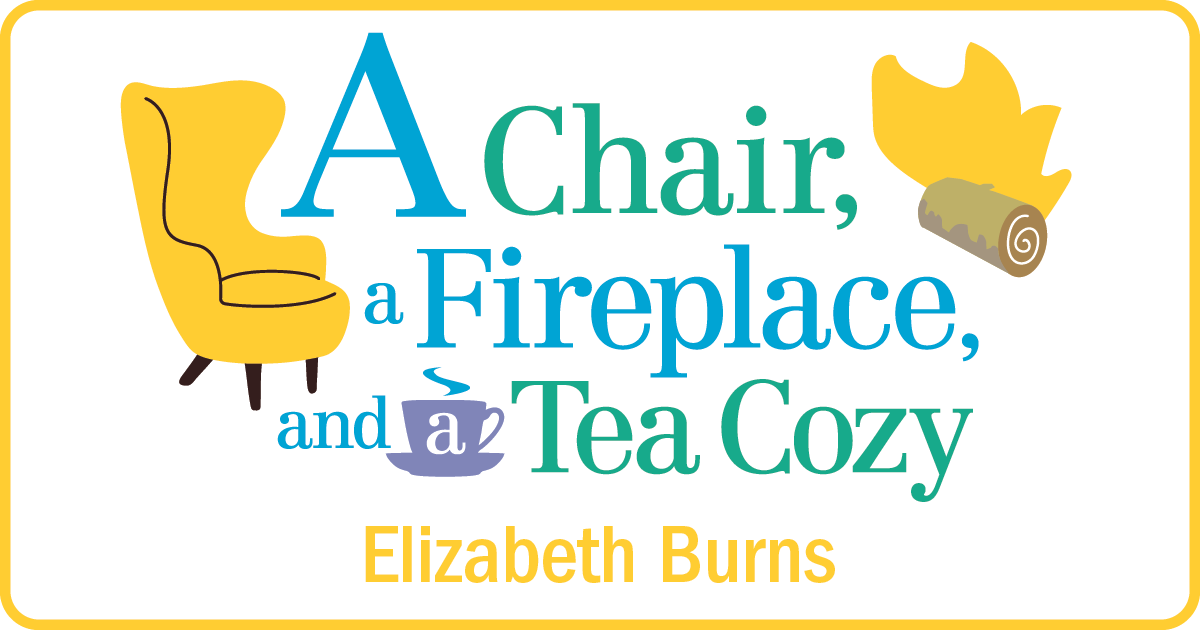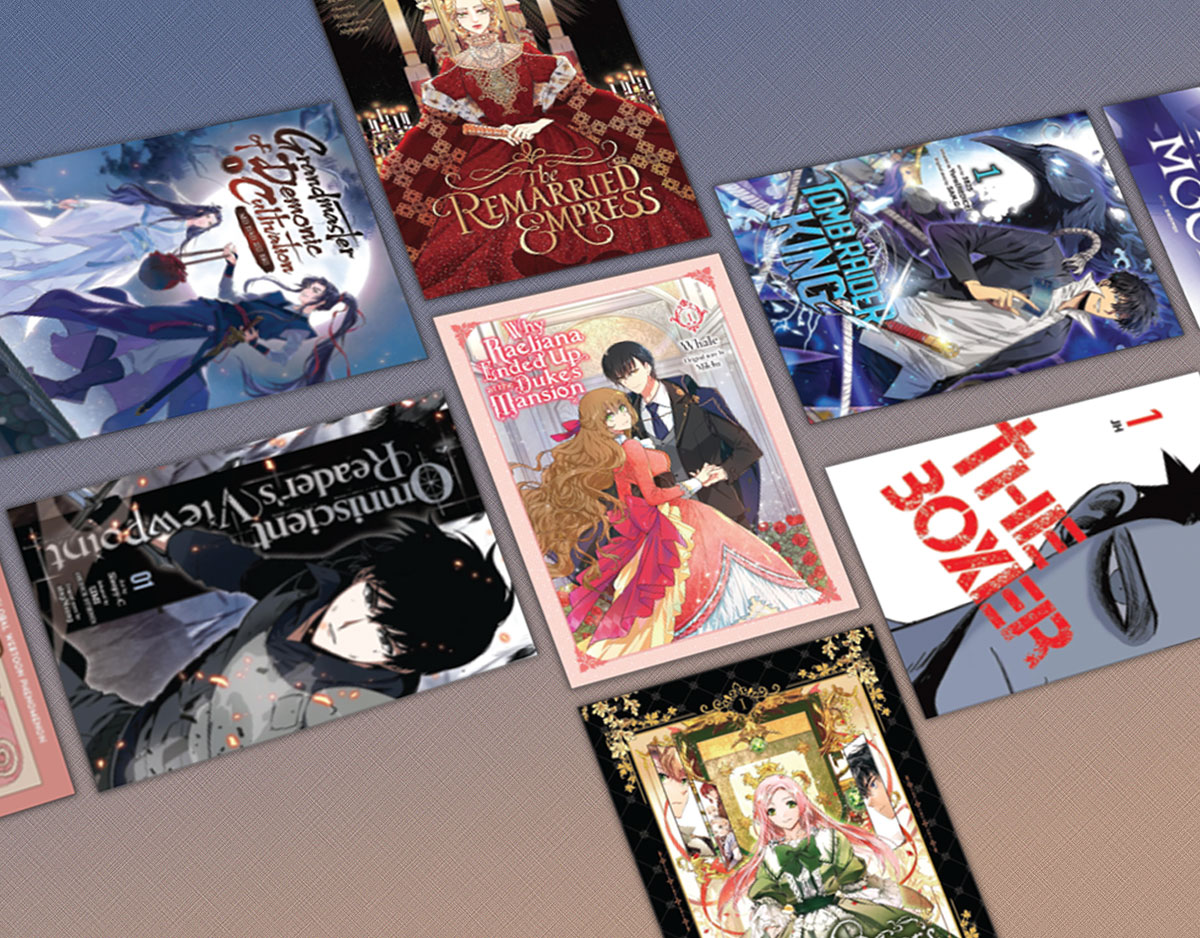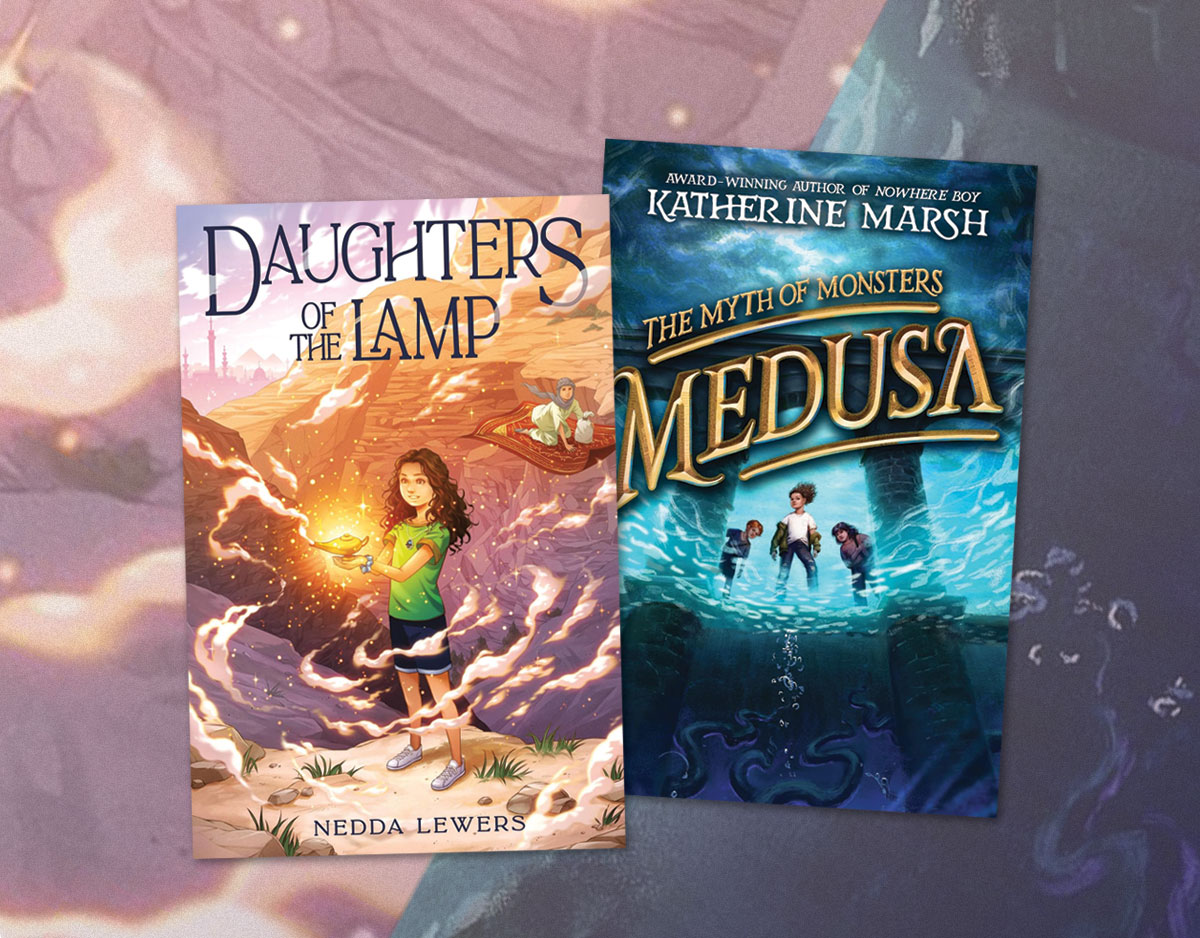SCROLL DOWN TO READ THE POST
Review: Jersey Angel
Jersey Angel by Beth Ann Bauman. Wendy Lamb Books, an imprint of Random House. 2012. Review copy from publisher. Guest post about this book at this blog by Beth Ann Bauman.

The Plot: It’s the summer before Angel Cassonetti’s senior year of high school. “Summer has begun, and I am filled with hope.”
Angel just wants to have fun: spending time with her friends at her home on the Jersey Shore, going to parties, working part time at her father’s business, taking care of her younger half-siblings.
ADVERTISEMENT
ADVERTISEMENT
The problem is it seems that those around her are wanting, well, more. Joey, her on and off again boyfriend, refuses to continue the drama of breaking up and making up and says “no” when she wants to start things up again. Inggy, her best friend, who is also good at school and from a family with more money, is already full of college plans.
Inggy’s boyfriend, Cork, is always around. If Angel doesn’t mean to hurt Inggy, and if Inggy never finds out, it’s OK, right?
The Good: Trying to figure out the synopsis was tough, because Jersey Angel is not a very plot driven book. It’s pure character driven, by one of the more remarkable girls I’ve met in a young adult.
As pointed out in Bauman’s guest post, “Here was a rebel girl, one who unapologetically likes sex, doesn’t want to be tied down, and knows college isn’t for her.”
Angel likes sex, and Angel doesn’t connect sex to love. At one point, her mother tells her, “There’s love, Angel, and there’s sex. And there’s a whole lot more sex than love.” And this pretty much is Angel’s own code.
The problem is — and yes, I use the word “problem” deliberately — are the boys. First, Joey. Why does Angel keep breaking up with him? “It’s true: Joey and I break up a lot. I guess I like my freedom too much, but for me it’s always only a time-out so I can feel like I’m back in my life with all the possibilities. I like possibilities. But after a time-out, I’m always ready to come back.” Joey isn’t ready, though, and wants more from Angel than she’s ready to give.
So Joey begins seeing someone else, and Angel enjoys her possibilities. Some of those boys are unattached, like Angel. So, still not a problem. One of those boys is not: Cork. Her best friend’s boyfriend. And this is one reason I really like Jersey Angel: it’s up to the reader to understand just why Angel does this. Angel is not very self-reflective; she wants those possibilities. She’s also always optimistic, or, as Joey says about her, “you’re waiting for a bus and you’re sure it will come.”
This means that the reader sees what Angel does not: that Angel loves Inggy, that Inggy is Angel’s best friend, Angel doesn’t want to lose her to college, yet Angel is also jealous, and competitive, and conflicted about all those feelings. The result? Sleeping with Cork both connects Angel and Inggy, and lets Angel take something from Inggy. Without Inggy ever realizing it. Without, really, Angel realizing why she is doing what she’s doing. She just thinks, well, that she and Cork are having fun. To the extent she thinks about Inggy, she thinks — well. She won’t find out till we’re old. She’ll understand. It won’t matter.
And here is another reason I love Jersey Angel: this is always firmly Angel’s story, so it really only matters what this means, or doesn’t mean, to Angel. When I got to the end, I thought, anyone else would have made this Inggy’s story: a story about a girl with dreams, leaving her shore town behind, having bigger ambitions than those around her, balancing wanting to stay with wanting to leave. Her boyfriend’s and best friend’s betrayal would become known, and would be a catalyst for Inggy to move towards her future.
This is not Inggy’s story.
ADVERTISEMENT
ADVERTISEMENT
Instead, it’s Angel’s. Angel, who isn’t overly ambitious, to be honest, and doesn’t come from ambition. Her mother, through luck and family ties, owns three houses by the shore and rents out two to cover their bills. (For the record? This isn’t that uncommon. Local families with long roots in these shore towns have houses in the families for generations, rent them out, and live in towns they wouldn’t afford to be in otherwise. Sometimes they don’t own multiple homes; rather, summer comes and the family moves into the garage apartment while the big house is rented out.) Her father runs the family-owned marina.
What does Angel want to do after graduation? Not to be too spoilery here, but part of what is great about Jersey Angel is it’s not that type of book. Angel isn’t inspired to do what Inggy does and buckle down to her studies. Angel doesn’t suddenly realize she wants to be a doctor or teacher or actress. Angel doesn’t suddenly realize she’s in love with this boy or that. It’s more Angel sorting out, a bit, her feelings and what she wants, while staying true to herself — that girl who always believes the bus is coming.
I think part of the reason I adore Angel is that I’m the sort who doesn’t believe the bus will come until it’s right in front of me, and I’ve asked the driver twice if it is indeed the bus I want.
A more personal reason I like Jersey Angel? Because, while different names and geography is used, this Jersey Shore is clearly “my” Jersey Shore, and seems to me a mix of various Ocean County shore towns. I mean, bennies! And Zeppoles! and slices!
Other reviews: The New York Times; Reading Rants; Bibliophilia – Maggie’s Bookshelf; Uniquely Moi Books.
Filed under: Reviews
About Elizabeth Burns
Looking for a place to talk about young adult books? Pull up a chair, have a cup of tea, and let's chat. I am a New Jersey librarian. My opinions do not reflect those of my employer, SLJ, YALSA, or anyone else. On Twitter I'm @LizB; my email is lizzy.burns@gmail.com.
ADVERTISEMENT
SLJ Blog Network
2024 Books from Pura Belpré Winners
In Memorium: The Great Étienne Delessert Passes Away
Winnie-The-Pooh | Review
Finding My Own Team Canteen, a cover reveal and guest post by Amalie Jahn
The Classroom Bookshelf is Moving
ADVERTISEMENT
ADVERTISEMENT







